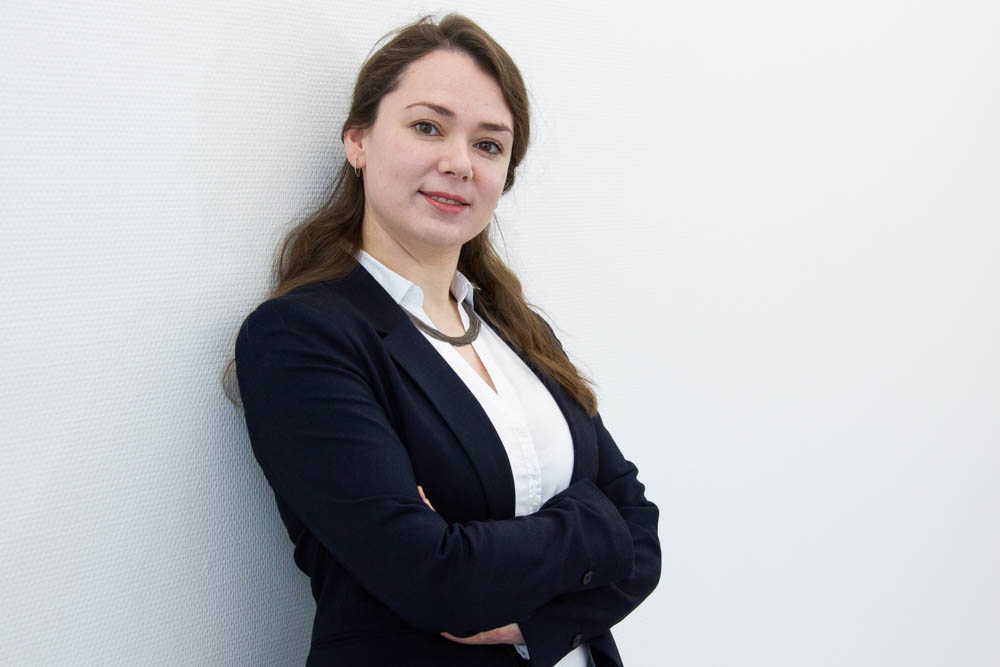
Prof. Dr. Katerina Volchek, Ph.D., M.Sc, BA
Professorin
Member of the Board and Director for Marketing at the International Federation for IT and Travel & Tourism
Labore
Manager of DigiHealth & Smart Tourism Lab
Kernkompetenzen
- Digital Transformation
- Smart Tourism
- Marketing and Personalised Experience Design
- Business Strategy and Innovation Management
- Neuromarketing
Forschungs- und Lehrgebiete
- Personalisiertes Erlebnisdesign
- Gemeinsame Wertschöpfung und -zerstörung
- Personalisierung, Gleichheit und Gerechtigkeit
- Metaverse im Tourismus
- Erforschung des touristischen Erlebnisses mit neurophysiologischen Beobachtungen
Vita
Dr. Katerina Volchek ist Professorin an der Technischen Hochschule Deggendorf. Sie begann ihre Karriere als Produktmanagerin und Marketingfachfrau bei einem Reiseveranstalter. Heute ist Katerina Expertin für Kundenerfahrung, Informations- und Kommunikationstechnologien und Marketingstrategien für den Tourismus, einschließlich der Gestaltung personalisierter Dienste und der Optimierung des ROI durch Marketing-Attribution.
Derzeit liegt Katerinas Forschungsinteresse auf den Möglichkeiten intelligenter Umgebungen zur Weiterentwicklung von CX- und Geschäftsstrategien. Unter anderem untersucht sie das Potenzial von Mixed Realities, Generative AI und neurophysiologischen Jahreszeiten, die in die Tourismusentwicklung einbezogen werden können.
Katerina ist Leiterin des DigiHealth & Smart Tourism-Labors an der Technischen Hochschule Deggendorf. Sie ist außerdem Mitherausgeberin des International Journal of SPA & Wellness. Zuvor war sie im Vorstand der International Federation for IT and Travel & Tourism tätig.
Sonstiges
Consultation hours:
- upon request by email: katerina.volchek@th-deg.de